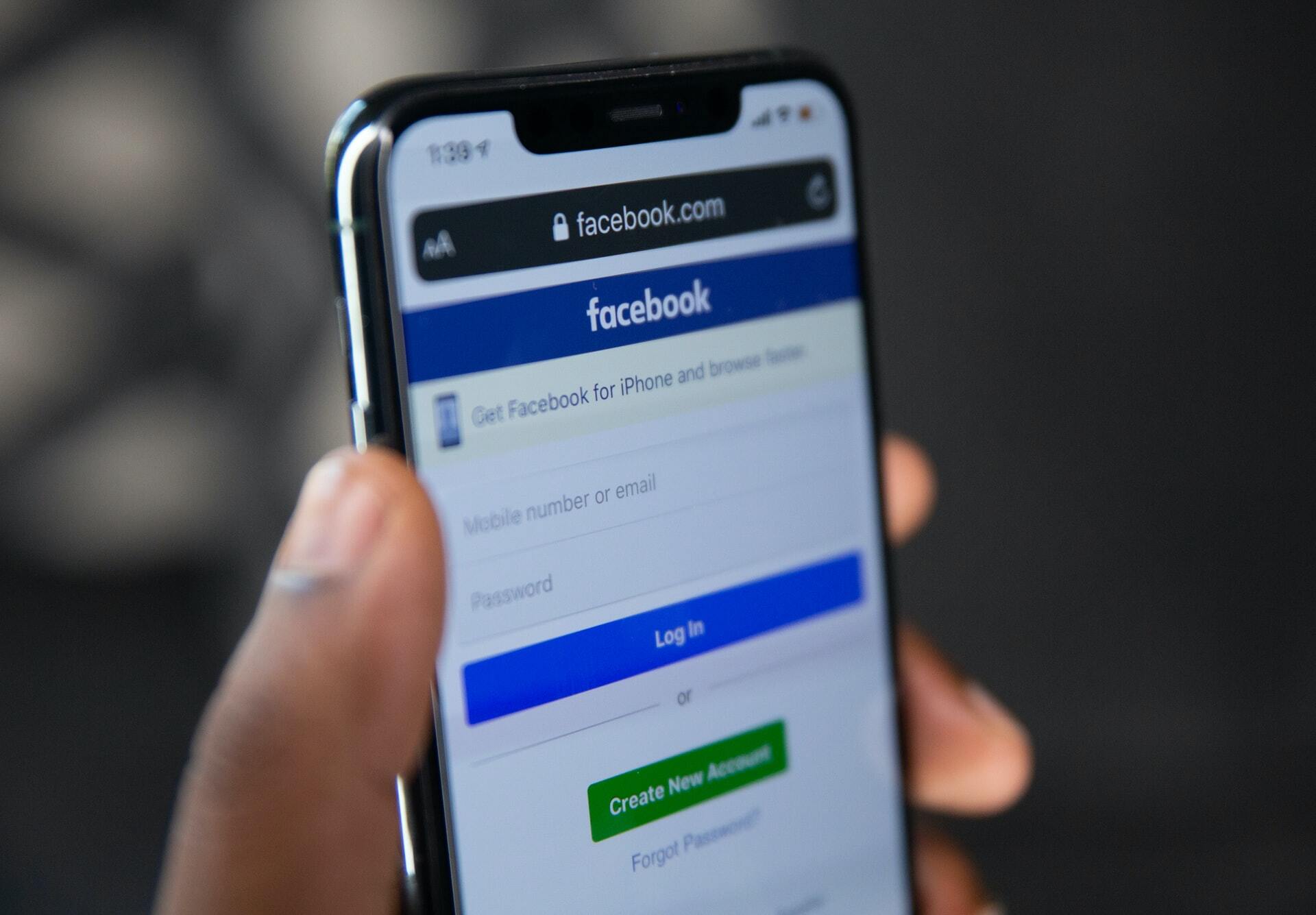

Update: By Monday evening Eastern time, Facebook was beginning to return for some users according to anecdotal reports.
Facebook is down, and the internet is freaking out. Just before noon Eastern time on Monday, users started reporting error messages when they tried to access Facebook or the apps it owns like WhatsApp and Instagram, according to the New York Times. The Facebook-owned virtual reality platform, Oculus, is also affected. Downdetector, which monitors real-time web activity and traffic across sites, has documented and tracked outage reports; it has posted a red banner on its homepage saying that “reports indicate there may be a widespread outage at Facebook, which may be impacting your service.”
Around roughly 1pm, Facebook, Instagram, and WhatsApp tweeted out that they were aware that users were experiencing problems accessing the apps, and that they were quickly working to troubleshoot.
Mike Schroepfer, Facebook’s CTO, followed by writing on his Twitter account that Facebook was “experiencing networking issues,” and that “teams are working as fast as possible to debug and restore as fast as possible.”
Two Facebook security team members told the Times that “it was unlikely that a cyberattack caused the issues because the technology behind the apps was still different enough that one hack was not likely to affect all of them at once.”
[Related: Facebook users can now mix Messenger and Instagram friends in group chats]
Several Twitter users, including John Graham-Cumming, the chief technology officer of web infrastructure company Cloudflare, and Chad Loder, the CEO of cybersecurity training startup Habitu8, wrote that the problem was probably with Facebook’s Domain Name System (DNS) servers.
According to Cloudflare, which services some of Facebook’s internet infrastructure, DNS servers are like the phonebooks of the internet. They convert websites like facebook.com into internal protocol, or IP, addresses that direct users to the site. When the server connection is disrupted, the computer is unable to connect the domain name (facebook.com) with its corresponding IP address, and therefore it no longer understands where the user wants to go. It’s like removing someone’s phone number under their name in the address book, or as cybersecurity expert Kevin Beaumont writes on Twitter, when DNS falls apart, “nobody can find you on the internet.” Our sibling website Futurism reports that it’s like Facebook de-platformed itself.
Additionally, the Times found that chaos had erupted internally at the Facebook offices. Reportedly, the company’s internal communications systems have stopped working, and employees were unable to make calls with company cell phones, or receive outside emails. Select Facebook employees told the Times that they had trouble swiping into office buildings and conference rooms because their digital badges were glitching. This issue has barred security engineers from going into server rooms to examine the outage. The Verge reported that Facebook had dispatched engineers to one of its main US data centers in California to work out the problem because it could not solve it remotely. Internet infrastructure experts that Wired spoke with suggested that inside Facebook, one of its routers must’ve somehow encountered an error that caused it to disconnect from the rest of the internet.
[Related: Social media really is making us more morally outraged]
Although it’s not uncommon for apps to experience temporary outages, the duration and scale of this event at Facebook is alarming; it’s still unclear when servers will come online again.
Several Twitter users have pointed out that the timing of the outage is interesting. Last night, data scientist Frances Haugen told CBS “60 Minutes” that the company prioritized profit over public good. And today, Reuters reported that Facebook is asking again for the dismissal of an antitrust lawsuit from the Federal Trade Commission (FTC) which is pushing the company to sell off Instagram and WhatsApp.
Below is another explanation from the technology editor at The Guardian for what happened:
